Europe’s divisions deepen as populism challenges unity and democracy
- Update Time : Friday, May 23, 2025
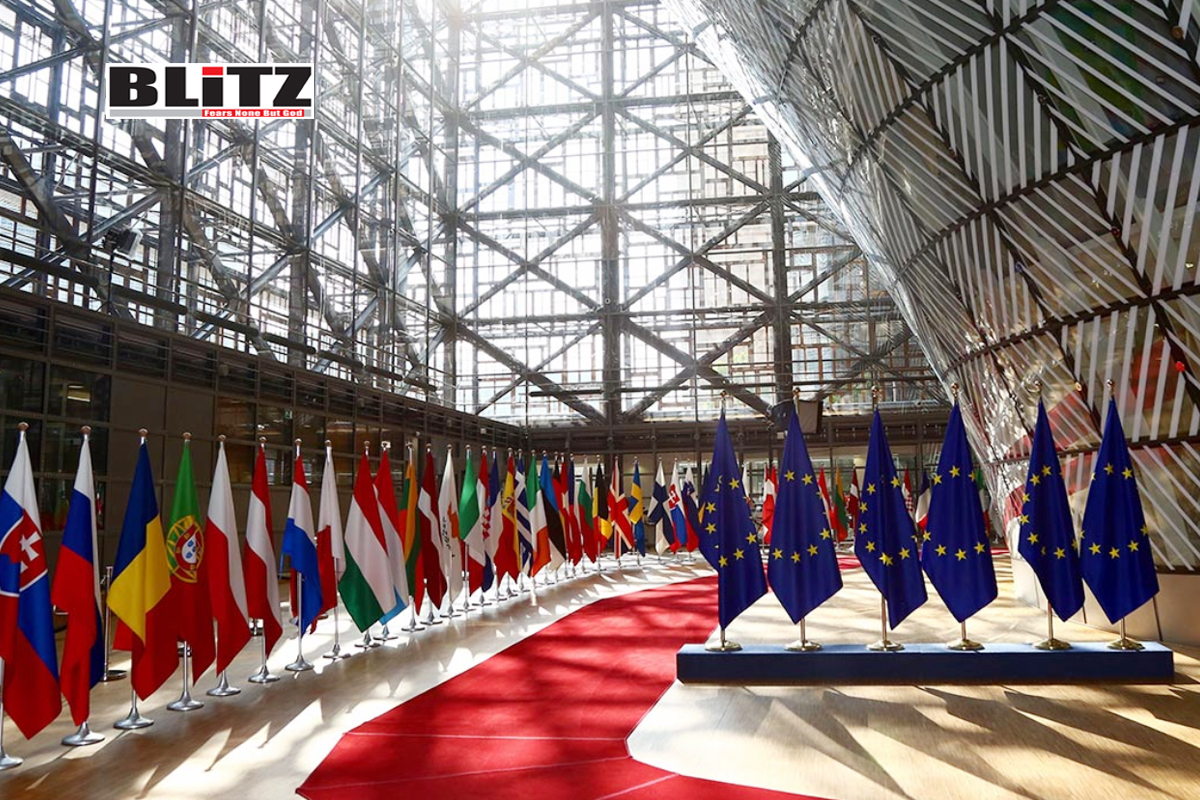
The recent round of European elections reveals a continent increasingly torn between two irreconcilable visions of the future. On one side lies the traditional Western liberal consensus-pro-EU, pro-democracy, pro-NATO, and steadfastly opposed to Russian aggression. On the other is a swelling tide of nationalist, populist discontent-skeptical of Brussels, disdainful of globalist politics, and alarmingly sympathetic to Russia’s geopolitical ambitions.
This division is not just a matter of political preference; it is a fundamental clash of worldviews. And as the European Union braces for an uncertain decade marked by geopolitical tensions, economic fragility, and social fragmentation, the stakes have rarely been higher.
Across the continent, political discourse is dominated by two competing narratives. The first aligns itself with Brussels and Washington-committed to democratic norms, a united Europe, and support for Ukraine’s defense against Russian aggression. The second, more volatile narrative is rooted in deep skepticism toward liberal democracy and Western institutions. It traffics in nationalist rhetoric, rails against immigration, and sees the EU as a tool of cultural dilution and economic exploitation.
The latter narrative has been increasingly embraced by far-right parties, which have gained traction by channeling popular dissatisfaction with rising living costs, perceived elite arrogance, and the cultural anxieties stirred by migration and identity politics. Movements inspired by Donald Trump’s “America First,” Britain’s Brexit campaign, and Hungary’s Viktor Orban have found fertile ground in the political soil of many EU member states.
This polarization is no longer just rhetorical. It has begun to reshape the political maps of countries across the bloc. From France to Italy, from Portugal to Poland, populist-nationalist parties are converting public anger into electoral victories, challenging the very foundation of European unity.
And yet, amidst this continent-wide shift, there are moments of resistance-examples that show it is still possible for centrist, pro-European candidates to prevail. Nowhere was this more evident than in Romania’s presidential election, where voters decisively rejected the ultra-right candidate George Simion in favor of Nicușor Dan, a quiet but resolute centrist reformer.
Dan’s victory is significant on multiple levels. First, it was a public rebuke to the rising tide of ultranationalism that has threatened to sweep through Eastern Europe. Second, it marked a return to rational, policy-driven politics in a region where conspiracies, nationalism, and foreign interference have increasingly poisoned public discourse. And third, it was a vital win for EU cohesion at a time when key policies-particularly continued support for Ukraine and a unified energy strategy-are being contested by populist governments within the bloc.
The stakes were high. The first round of the Romanian election had already been annulled due to suspected Russian meddling, and a Kremlin-linked candidate, Calin Georgescu, was banned after an investigation revealed foreign funding and influence. Russia, predictably, dismissed the process as “strange” and accused the West of interference, flipping the narrative it has often employed in its own contested elections.
But the real message from Bucharest was clear: there remains a significant portion of Europe that rejects the populist playbook and is willing to defend liberal values-even when the temptation to embrace nationalist rhetoric is strong.
The rise of far-right parties across Europe is often explained by their promises to restore sovereignty, curb immigration, and put “native” citizens first. But their track record when in power tells a different story. In Hungary, Italy, and previously in Poland, populist governments have failed to boost real incomes, strengthen public services, or deliver economic security. Instead, they’ve often gutted democratic institutions, centralized power, and picked fights with Brussels-further isolating their nations and weakening EU-wide cooperation.
Still, these failures have not diminished their appeal. Voters disillusioned with traditional parties-blamed for stagnant wages, growing inequality, and an increasingly complex world-continue to turn to these firebrand movements in hope of change, however ill-defined. Social media has only exacerbated this trend, offering echo chambers where populist slogans resonate louder than nuanced debate.
If moderate and centrist parties fail to respond with compelling narratives and tangible policies that improve lives, the danger is clear: today’s vocal minority could become tomorrow’s dominant force.
Nicușor Dan represents a rare but important archetype in modern European politics-a principled, methodical, and modest leader who appeals not through charisma or bluster, but through competence and integrity. His background as a math prodigy and activist against corrupt property developers gives him credibility among urban voters and civil society.
As Romania’s president, Dan will wield considerable influence over the country’s foreign policy, national security, and judicial appointments. His administration’s orientation toward the EU and NATO will be crucial, especially as Romania plays an increasingly important role in the West’s logistical support for Ukraine.
But challenges abound. Romania, like many European countries, is grappling with a widening budget deficit, pressure on public services, and a market spooked by political instability. Dan must balance his pro-Western stance with the reality of a volatile domestic electorate, some of whom remain susceptible to anti-EU and pro-Russian narratives.
The Romanian election result is a relief, but it should not be mistaken for a turning of the tide. Elsewhere in Europe, the populist right continues to gain ground. In Portugal, far-right forces failed to secure victory, but the country still faces political gridlock after three elections in three years. In Poland, the presidential runoff will be a tight race between center-right and ultra-right candidates, with massive implications for EU unity and its posture toward Russia.
Meanwhile, EU institutions face a difficult road ahead. Common defense policy, enlargement, climate goals, and budget negotiations will all be contentious, particularly with obstructionist leaders like Viktor Orban and Slovakia’s Robert Fico still in office. If the EU is to maintain coherence, it must find ways to neutralize the influence of these internal saboteurs without further alienating their electorates.
The future of Europe may well depend on the ability of centrist and center-left forces to mobilize effectively. They must not only counter far-right disinformation but also offer credible solutions to economic and social grievances. Voters must be shown that the answer to their frustration lies not in division and demagoguery, but in cooperation, reform, and competent governance.
Nicușor Dan’s victory is a reminder that the center can hold-but only if it fights back with purpose, clarity, and humility. Europe’s experiment in unity is far from over. But it is entering a turbulent phase, where its survival will depend not just on institutions and treaties, but on people-and leaders-willing to rise above the chaos.


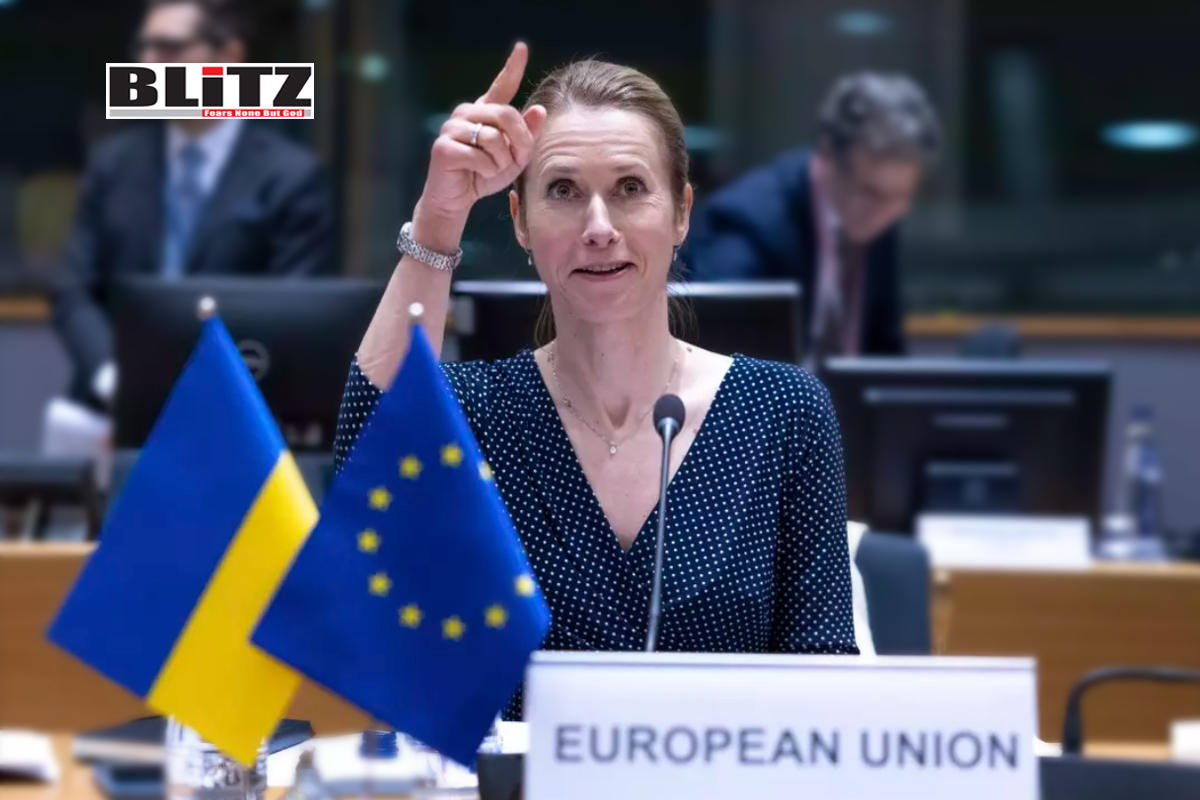
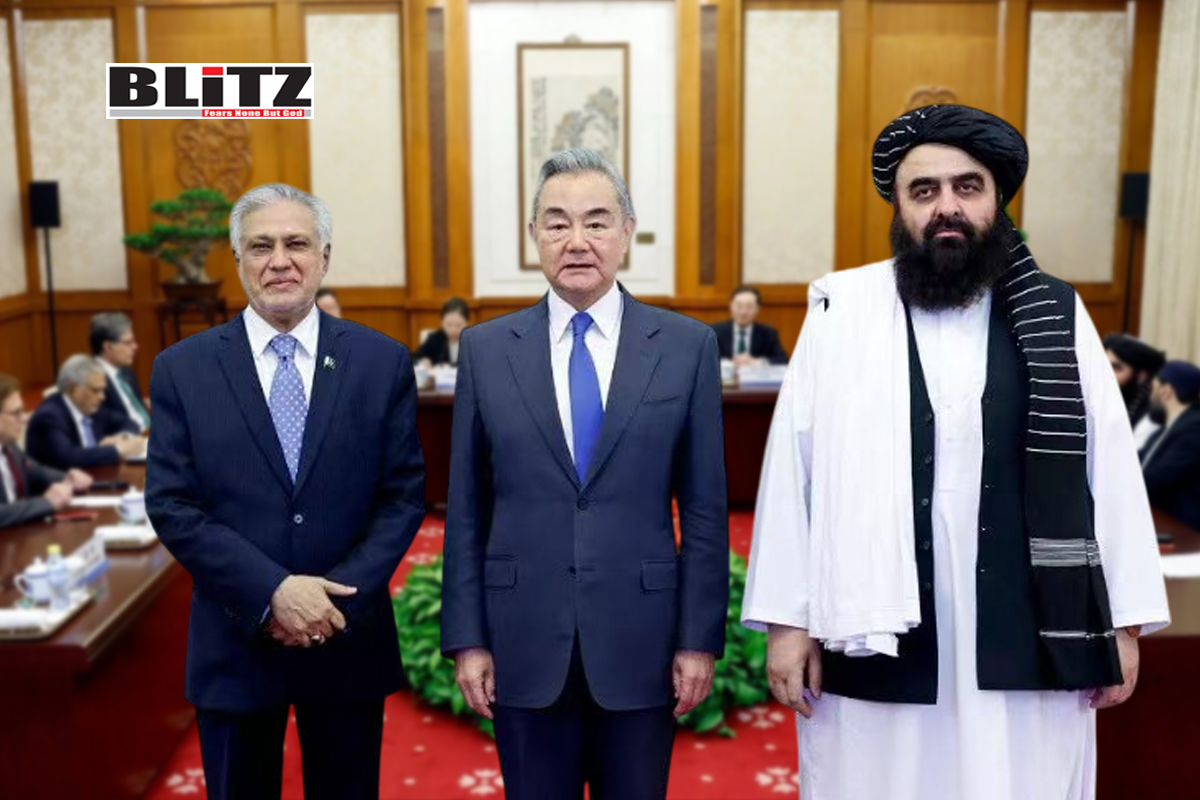
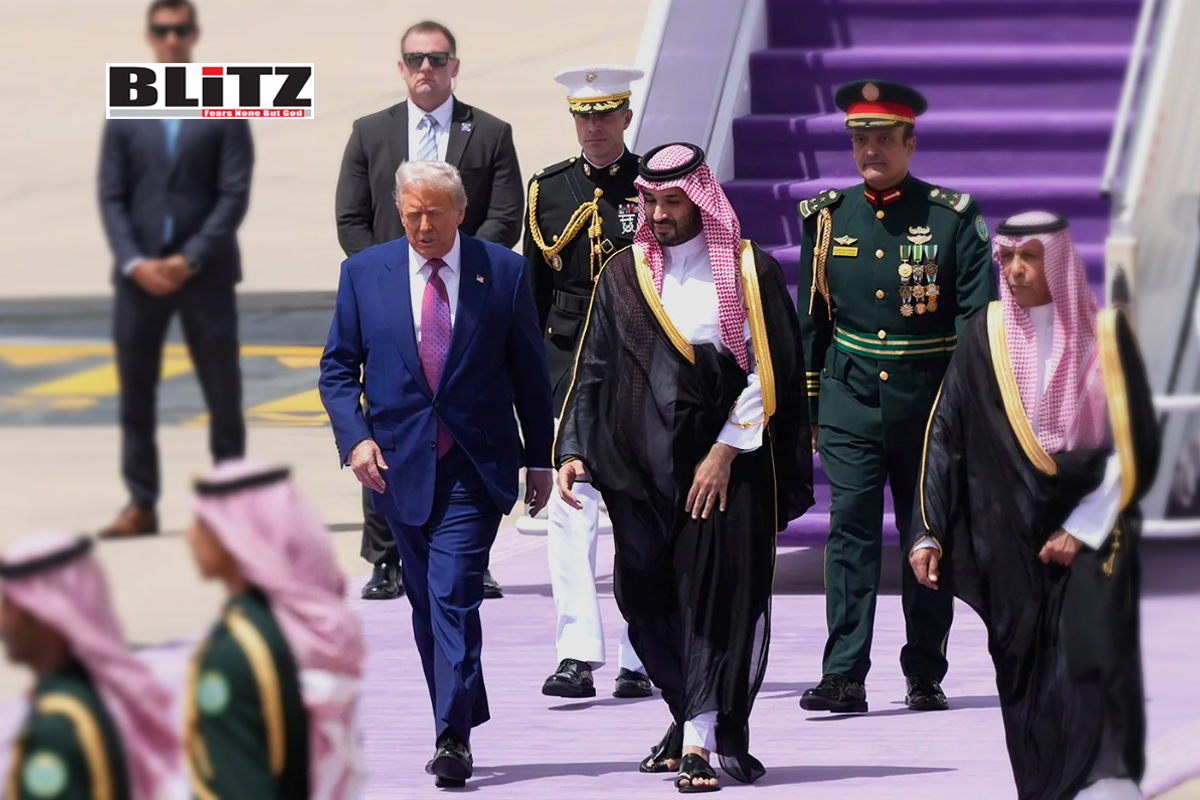
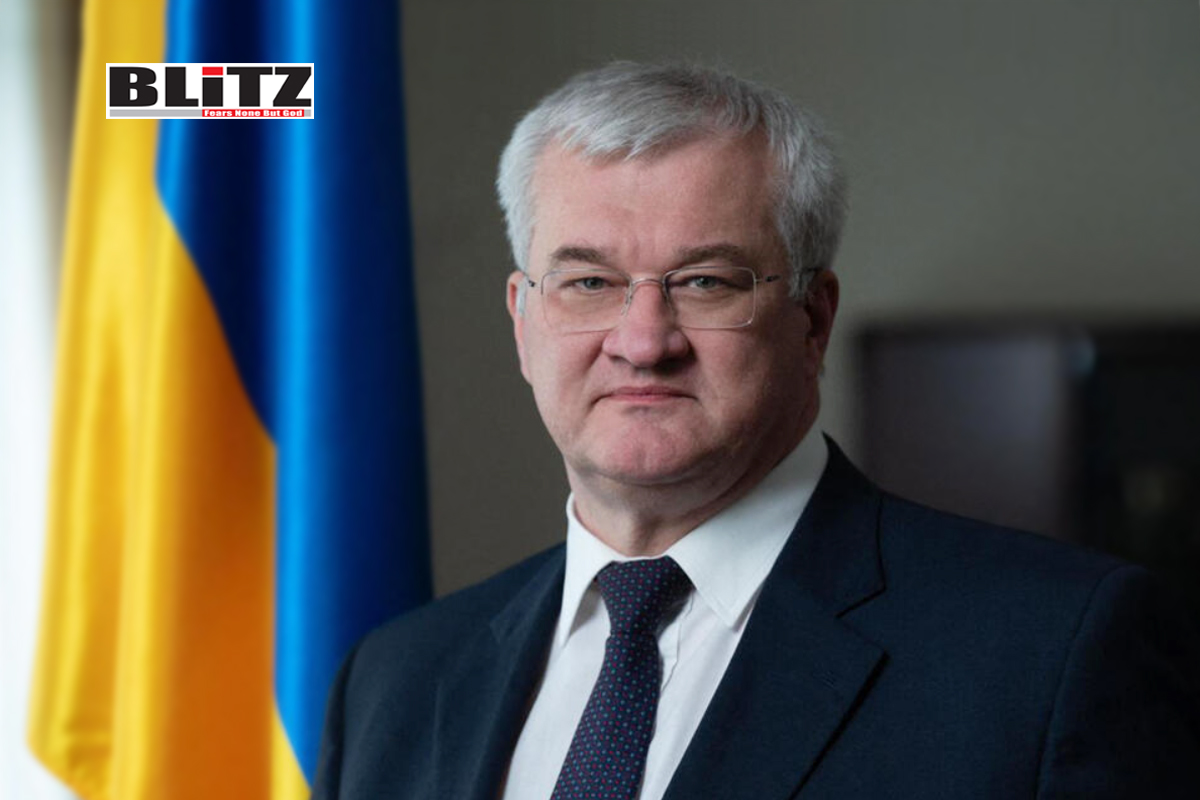
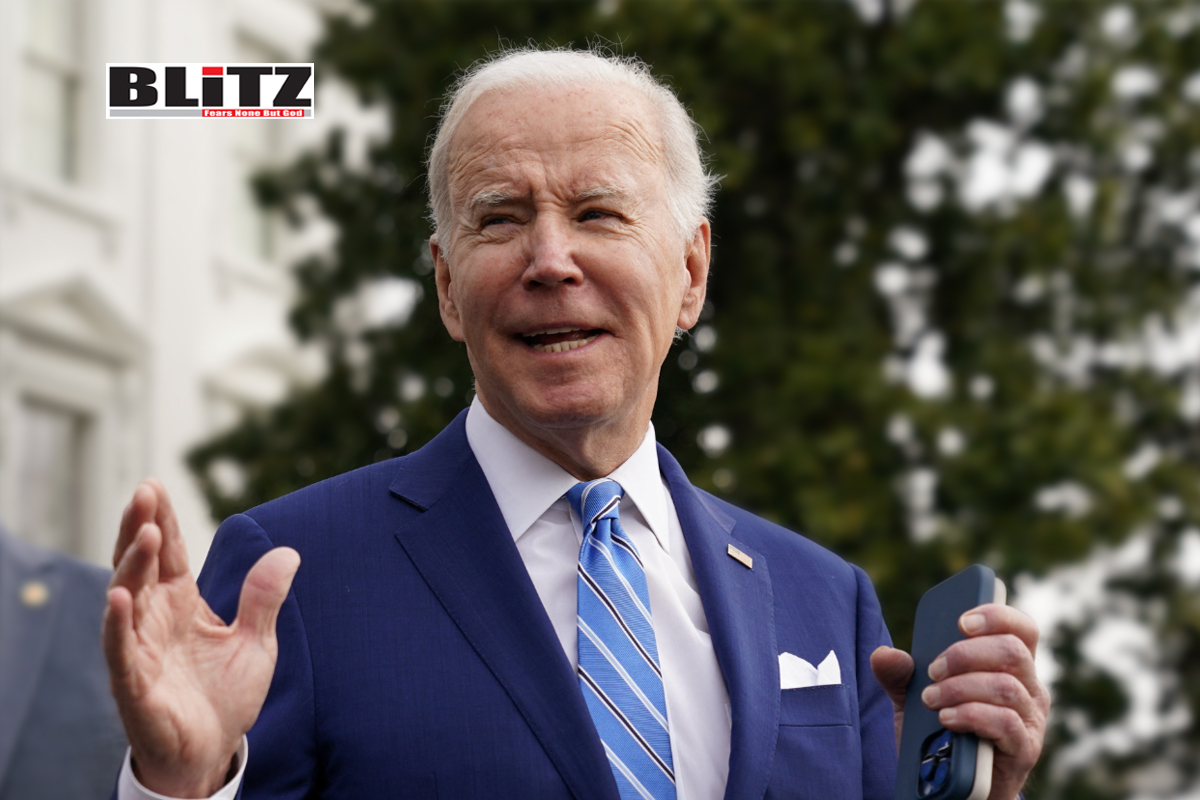
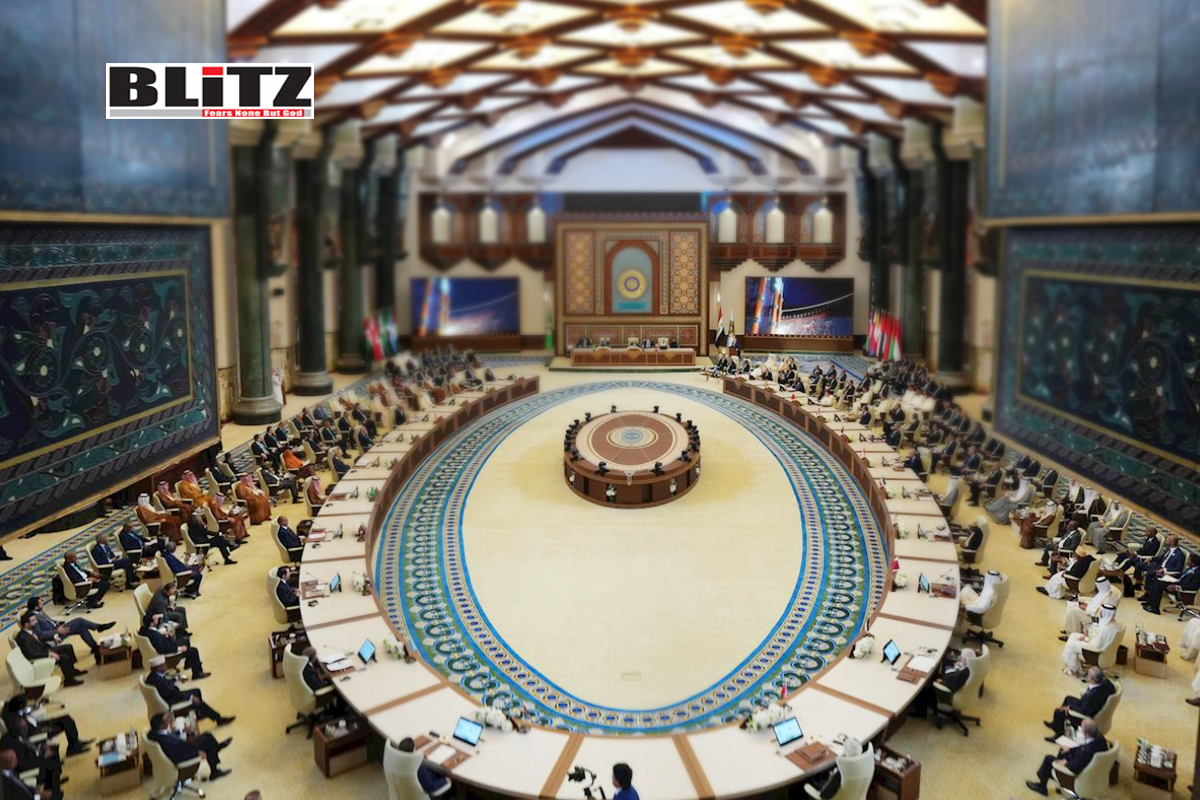
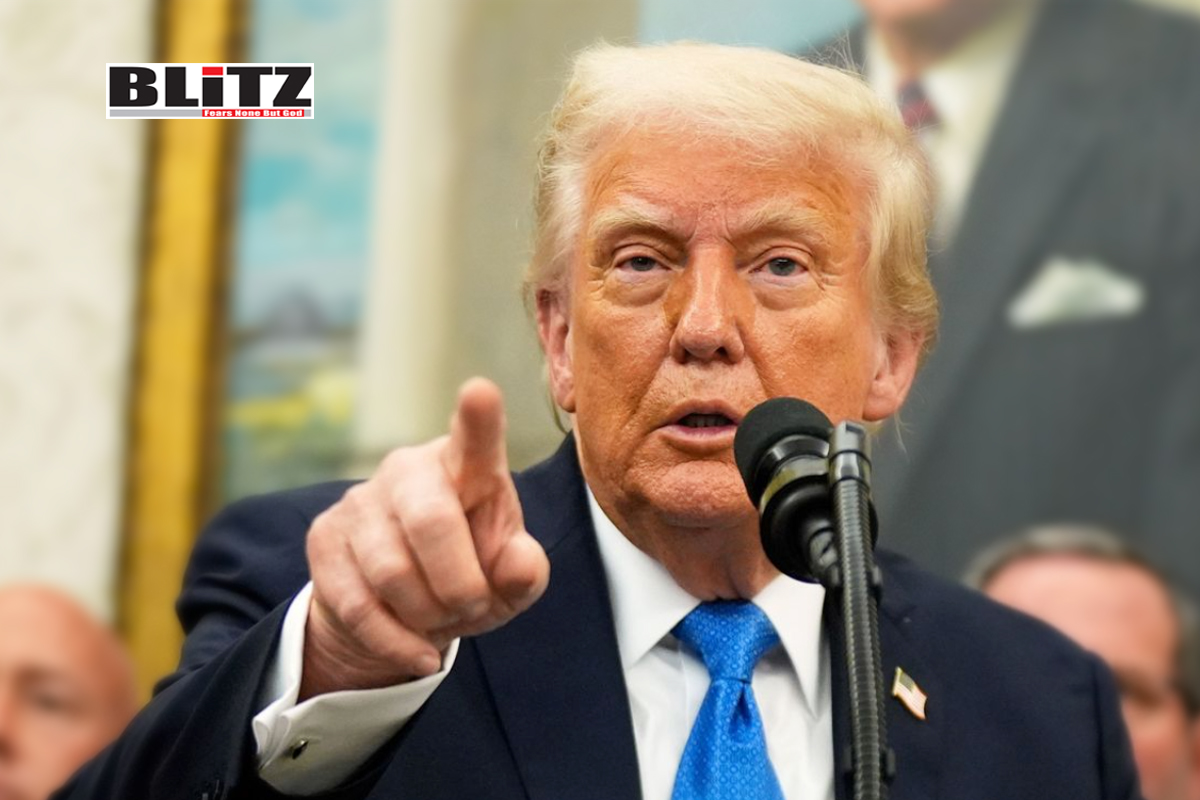
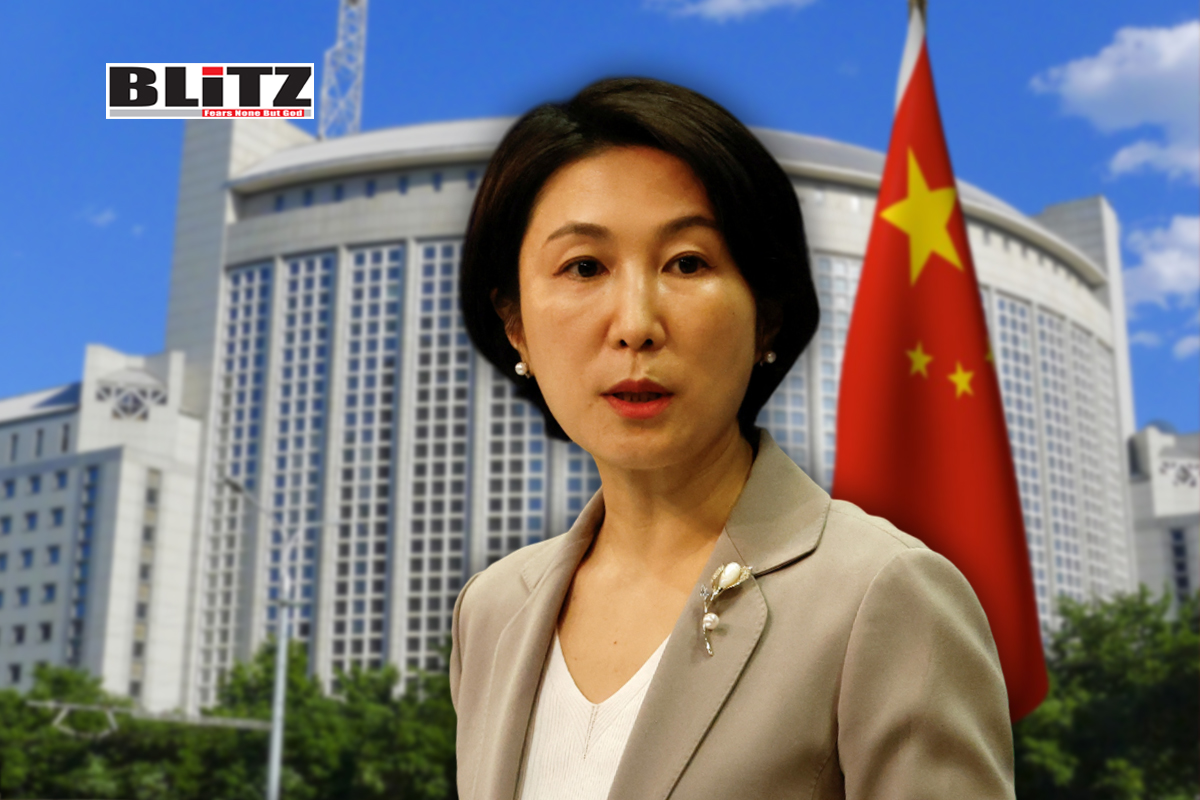
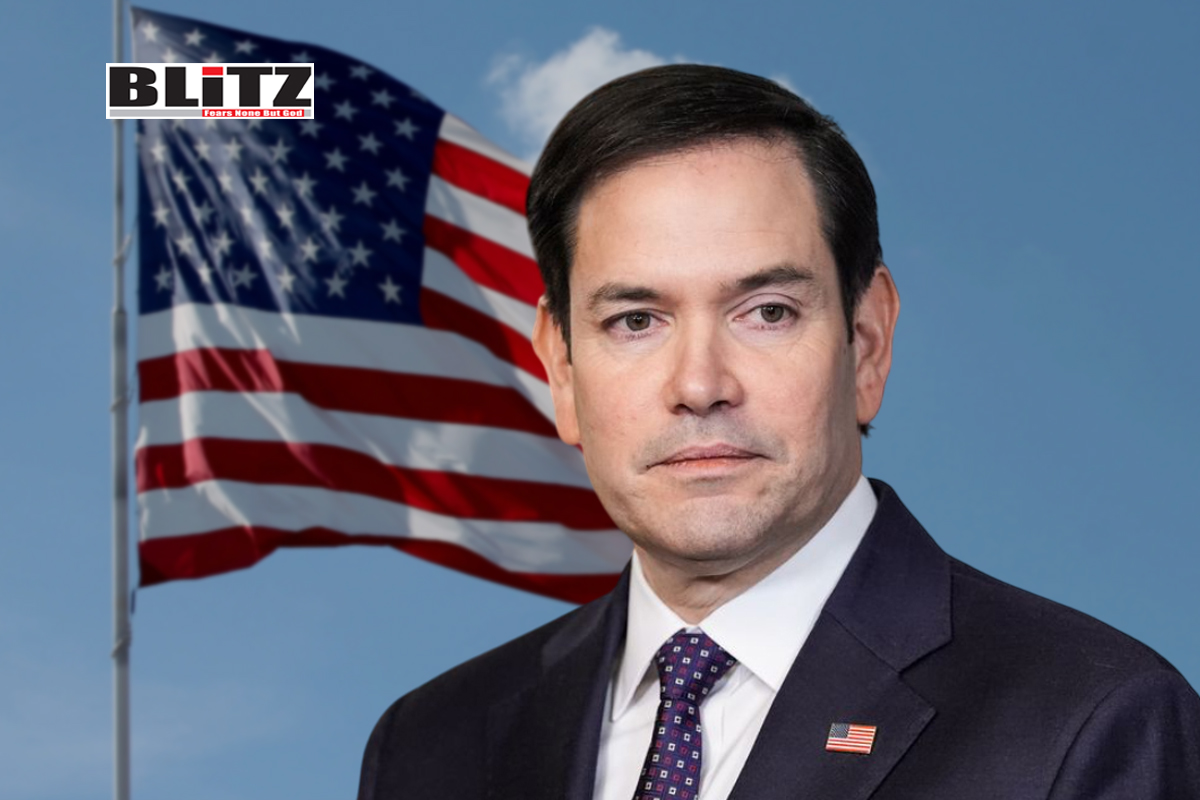

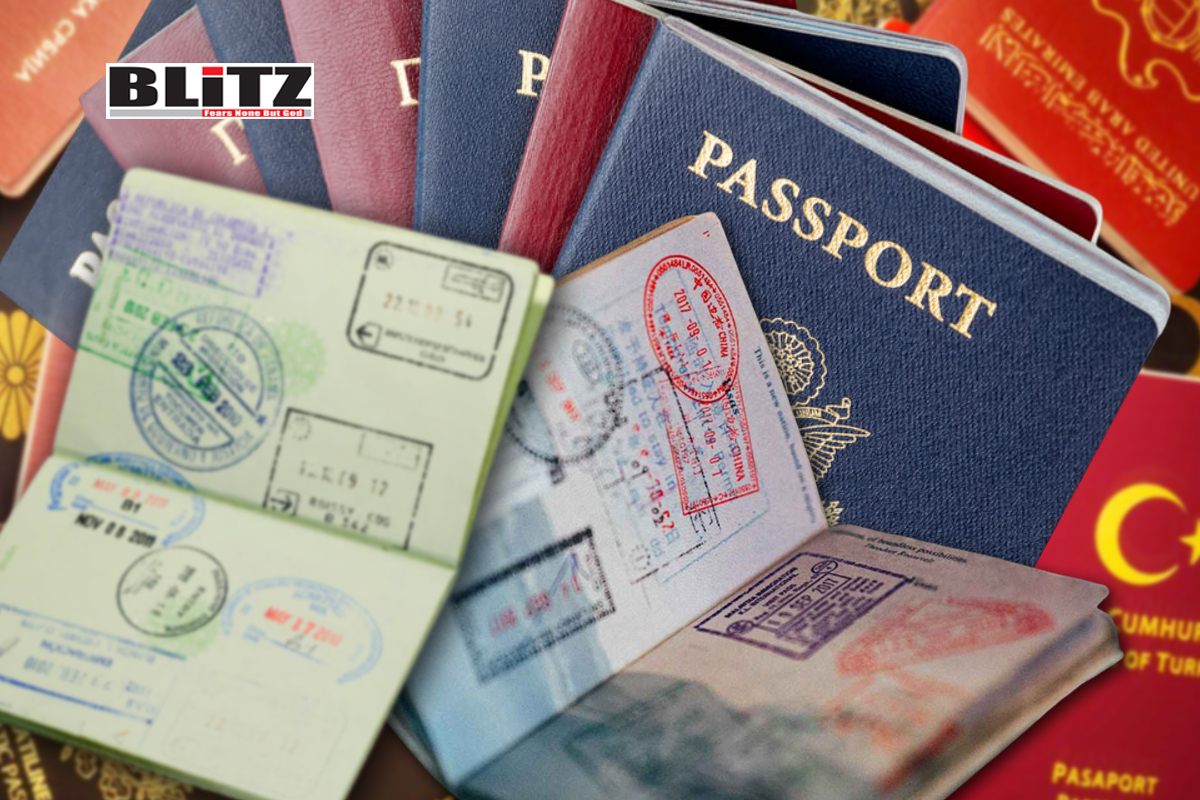
Leave a Reply